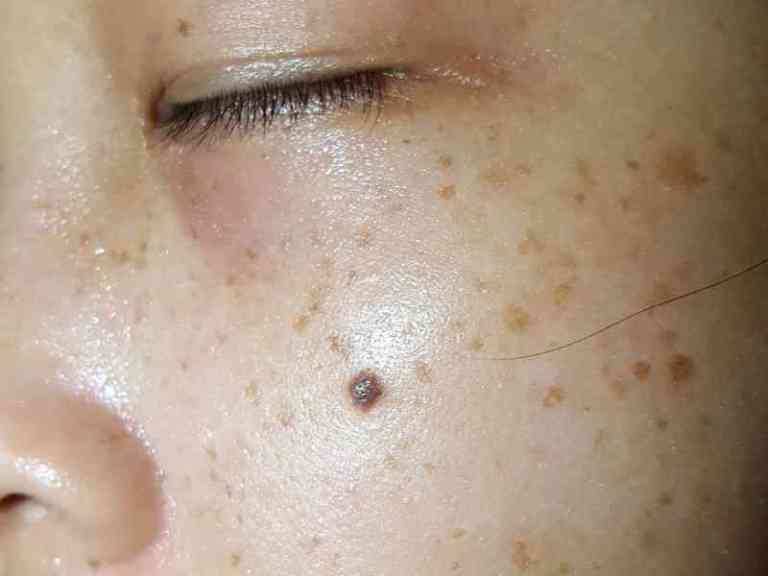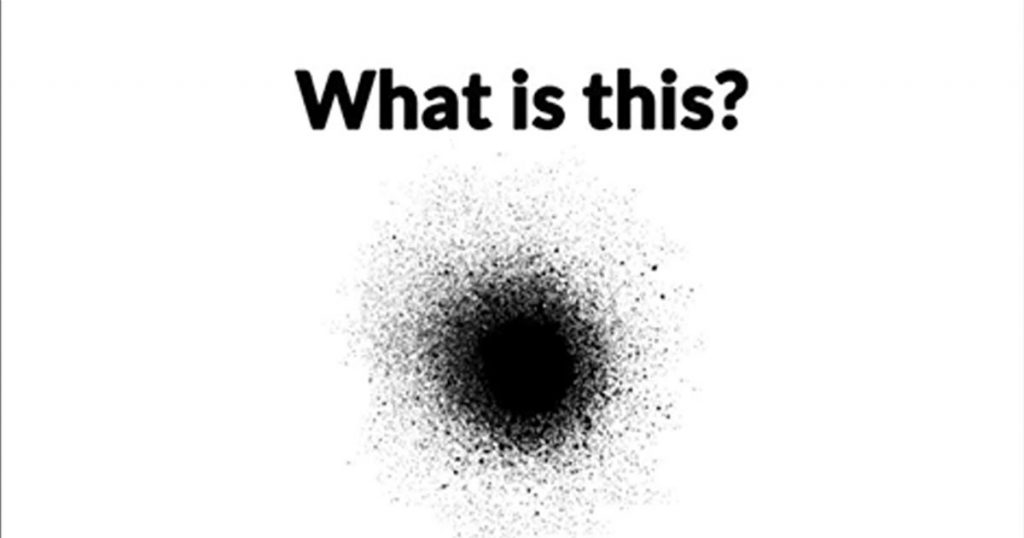
Should I worry if my sugar level goes up? Definitely! Anything in the body that is higher than normal is something that calls for attention. When it comes to high blood sugar, the mere mention of this raises eyebrows in the direction of diabetes to most people. It is scary, but fortunately some signs can be indicative of high blood sugar levels long before actual diagnosis of diabetes.
High blood sugar levels occur when the body has too much food or glucose or little insulin. And with the consumption of artificial and processed foods being the norm in many people’s diets, it is not surprising that the numbers affected with consequences of high blood sugar level have radically increased in recent times. Therefore, as a precautionary measure we need to learn more and look out for the tell-tale signs that our bodies give off. Let us examine some of the most important signs that indicate your blood sugar levels are very high.
Excessive Urination/Urinating During the Night:
If the need to urinate frequently keeps you awake at night even when you have not taken plenty of water before going to bed, there is a high possibility that you have a urinary tract infection as a result of your high blood sugar level.

Blurred Vision: High blood sugar levels, in most cases cause the lens in the eye to swell up causing temporary blurred vision. Therefore, there is no need to panic and buy a pair of glasses if you start experiencing blurred vision.

Difficulty Concentrating: When the body is lacking insulin, it’s unable to remove glucose from the bloodstream into the cells. This doesn’t allow the body to properly function. This is why you feel tired and can’t concentrate properly. High blood sugar levels can dehydrate you because the body is trying to remove excess glucose through urination.

Dry Mouth: Due to high glucose levels in your blood and saliva, which are caused by high blood sugar levels, your mouth becomes dry.

Impotence: This issue which only refers to men, stems from problems that are caused by poor long-term blood sugar control. This damages the nerves and the blood vessels.

Recurrent Infections: There are several recurring infections that you ought to look out for and monitor. For example, Dysfunction of the thyroid, adrenal and pituitary glands. Also watch out for numerous diseases in the pancreas and severe increase in blood glucose.

Slow Healing Wounds: High blood sugar levels can also slow down the healing process of smallest cuts and bruises on your body. It affects the nerves and can lead to poor blood circulation, making it tough for blood needed for skin repair to reach the wounded area.

Stomach Problems: When you have high blood sugar levels, emptying the food from your stomach could be delayed. This can lead to bloating, distention, abdominal pain, nausea, or vomiting.

Constant Fatigue or Extreme Tiredness: If your thyroid level is low, you are most likely going to feel tired, sleepy or even depressed. In order to fight infections, it takes energy, which can result in constant fatigue and high blood sugar levels.

Thirst: When you have high blood sugar levels, your kidneys are forced to work overtime to filter and absorb the excess sugar. In order to achieve that, liquids need to flow through the body , so that you urinate the sugar. In that way you will find yourself with the urge to drink more fluids more frequently.

Dry and Itchy Skin: When there is poor blood circulation flow through the body, it causes itchy skin. The lower parts of your legs are the most common areas of the body that become itchiest.

Always Hungry: If you’re one of those people that have a big appetite, this symptom may not apply to you. However, for people who normally do not have a huge appetite, this could be because you’re lacking a hormone called incretin, which reduces the flow of sugar from the liver after consuming a meal. If you lack this hormone, food empties quicker and you’ll find yourself hungry again shortly after dinner, which increases your blood sugar level.

Excess Abdominal Weight Fat: This is one of the most common signs that you have high blood sugar levels. The food that you have consumed was not all able to get into the cells as energy which would nourish the cells, so in turn, you feel hungry again.

Nerve Problems: If your blood sugar levels are high, it can damage the blood vessels that carry oxygen and nutrients to the nerves, which can lead to nerve problems.

Skin Changes: If you begin to experience discoloration and certain growths on your skin, your blood sugar level may be high. If you also notice dark, thick areas of skin forming on the back of your neck and hands, be cautious, your blood sugar level may be very high.

Tingling and Numbness: This condition goes hand-in-hand with nerve damage and is referred to as neuropathy. If you experience tingling and numbness in certain areas of your body, your blood sugar level may be high.

Please Liked Video this post with your friends and faiy on Facebook!






